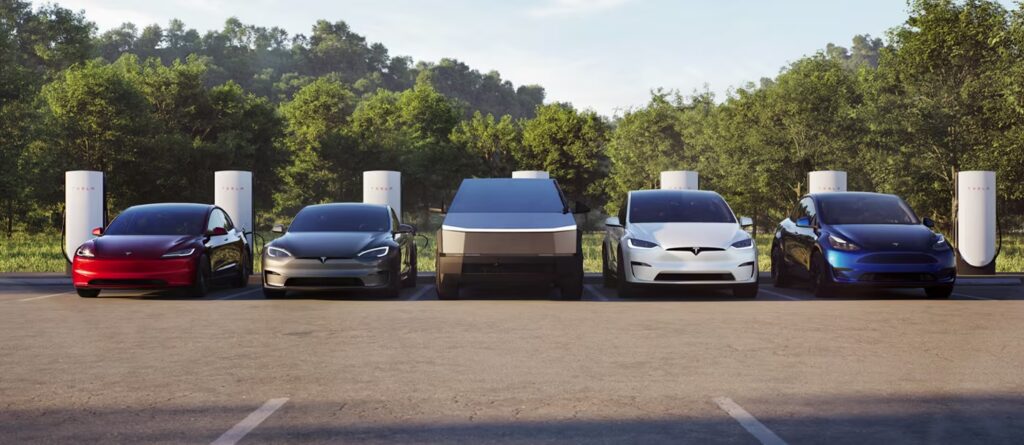Tesla and BMW are taking legal action against the European Union (EU) over new tariffs imposed on electric vehicles (EVs) manufactured in China. The EU recently implemented additional taxes on Chinese-made EVs, with rates reaching up to 45%, citing unfair support from China’s car industry through subsidies. Both Tesla and BMW produce cars in China for the European market, and they argue that these tariffs not only harm their businesses but also hinder Europe’s transition to cleaner transportation.
The EU’s General Court has confirmed the lawsuits filed by Tesla and BMW, although specific details about the cases have not been disclosed. While Tesla has not yet commented on the lawsuit, BMW released a statement expressing its concerns. BMW stated that the tariffs do not enhance the competitiveness of European manufacturers and could potentially limit the availability of electric cars for European customers, thereby impeding efforts to reduce carbon emissions in the transport sector. The automaker also expressed a preference for a negotiated solution, although talks between the EU and China have not yielded significant progress thus far.
The imposition of these new tariffs followed an EU investigation that revealed China’s alleged unfair support for its EV industry. In response, the EU voted to levy additional fees on top of the existing 10% import tax. As a result, Tesla now faces a 7.8% surcharge, while BMW’s imports are subject to a 20.7% duty. BMW, in particular, is affected as it manufactures its electric Mini Cooper and Mini Aceman models in China.
Chinese carmaker MG, owned by state-backed SAIC, has been severely impacted by the tariffs, facing a 45% duty. Once the top-selling Chinese brand in Europe, MG has experienced a significant decline in sales, with registrations plummeting by 58% in November alone. Despite the legal challenges from Tesla and BMW, the EU remains steadfast in its defense of the tariffs. Olof Gill, a spokesperson for the European Commission, affirmed the EU’s readiness to uphold the tariffs in court if necessary.
In conclusion, the ongoing legal battle between Tesla, BMW, and the EU underscores the complexities of international trade relations, particularly in the context of the rapidly evolving electric vehicle market. The outcome of these lawsuits will have far-reaching implications for the future of electric mobility in Europe and beyond.

